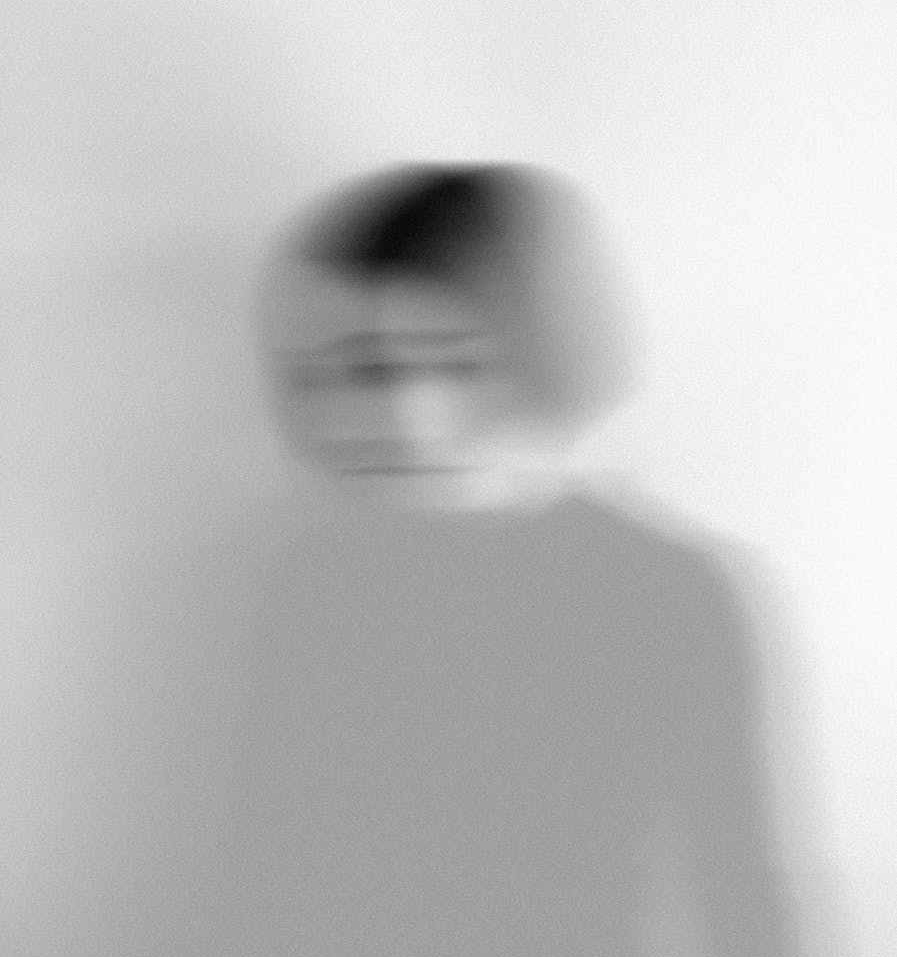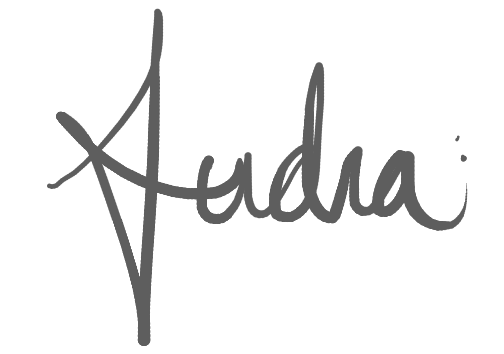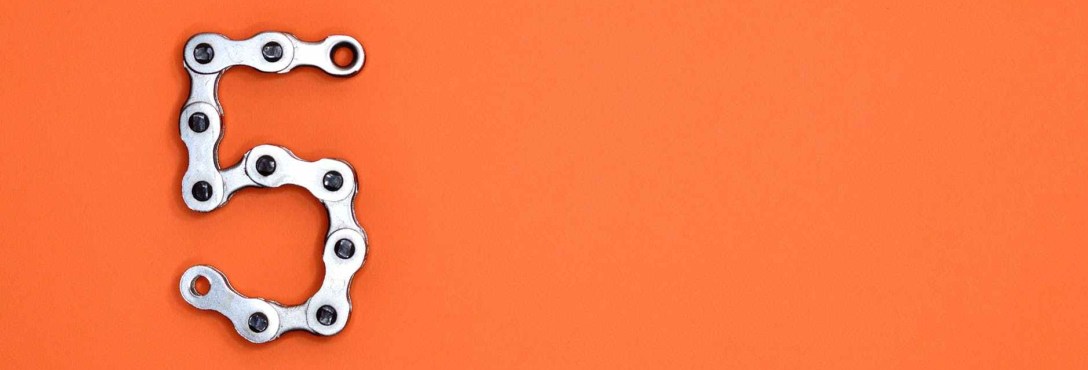A while back I wrote a review for the book Boundaries by Cloud and Townsend. I love the book, and have seen it quoted in vast numbers of self-help books and articles. Boundaries are important for everyone. Across the board, no exceptions. Everyone.
I would like to say “especially for people with anxiety”, but that’s not true. Especially for everyone.
I think most of the problems in our lives stem from boundary problems. Not being clear on them, even if you do have them, or letting them be repeatedly crossed, or not having them in the first place.
I fell into the third category. I didn’t really have any concept of boundaries as a real, vital thing until I read the book.
Imagine that most humans are supposed to have a third arm and not realizing it until you read a book. It was kind of that feeling. Then suddenly you see people with that third arm everywhere, and some still lacking the third arm completely, and some with one but sort of half-curled inside them…urk. I think that metaphor is running away from me.
Anyway, it was a revelation.
I’ll speak from my experience as someone who’s pretty darn sure most of her anxiety issues stem from lack of boundaries.
Work
I’m an excellent worker. I was raised with a strong work ethic, and I’m an obliging person. If you ask me to do something, I will do it for you. Whether I should or not, and no matter what I have on my plate at the moment. That’s the problem.
I work really well, but I take on too much. I was no good at saying no. I saw myself doing this, but I always assumed it was my fault in some way. I need to figure out how to handle all of this, I need to be more efficient, not wanting to help that coworker out is selfish, etc.
I remember one day when three separate coworkers, well, two coworkers and a boss, asked me to edit something for them. One was a document for procedures, one was a statement to put in the handbook, and one was a collection of essays from a class to be printed in a book.
I said yes to all three. I spent my free periods that day and next editing for other people projects that had nothing to do with me. Could I have done one of them? Sure. Should I have done all of them? No. None of them were my specific responsibility. I was not getting paid extra. I did them because those people asked.
Later on in my job, I would swing the opposite way where the building resentment had me saying “no” too often, another side effect of lack of boundaries.
This happened in all my jobs to some degree. When I worked retail, I regularly took on the extra shifts just because people asked me, or came in earlier when my boss asked. I even accepted a promotion I didn’t want because my boss wanted me to take it, leading to my first bout with stress-induced health problems.
Relationships
Neighbors
I remember a specific instance when a neighbor asked me to watch her dog for a night and a day. She was going out of town and hadn’t called the sitter or doggie daycare. I hardly knew this person, but I said yes. I thought: I can’t be selfish. It’s only one night. Just do it. She needs help.
Did I want to? A resounding no. I don’t like small dogs, and I lived in a one-room apartment. There would be no getting rid of any unwanted smells for a while. But I said yes because she asked, and the dog naturally peed on my bed. I didn’t mention it to her, just promised myself I would not accept again.
Dating
When I’ve dated, I’ve let the other person lead the way. I like my men decisive, but frequently the reason is less that than my own obliging nature. You want to watch a movie? Okay. You want to eat there? Okay. You want to kiss? O…kay.
This is one area where I could clearly see the problem, more than any other. Dating should be a shared agreement, in my opinion, of what to do and how to do it. So mostly, my lack of boundaries has resulted in a pure lack of dating, since I won’t do it for fear of falling into my old habits.
Friendships
I’ve had some tough friendships. And the funny thing is, the other person would probably be surprised to hear that. I don’t speak up. I don’t feel I have the right, or, more often, I don’t want to rock the boat.
I’ve had work friends several times, and usually they were fine. A couple situations though always happened. I’d have a friend who would always come to me for a chat, me being such a good listener. They would interrupt my free time, or my work time, if possible, and talk about this and that. And I would let them. Are you free? Yeah, sure, what’s up? I just need to vent. Okay, what happened?
Never mind that I’m not in any mood to deal with another person’s problems. Never mind that I never feel I can come to you. Never mind that you blew into my room like a summer storm in my peaceful afternoon…
I needed boundaries.
Family
Fortunately, or unfortunately, my family has often borne the brunt of my boundaries. I’m comfortable there enough to say no, most of the time. They see me as pretty judgmental and decisive, even stubborn, because all of my no’s I don’t say to other people I tend to say to them, and loudly. It’s an unhealthy balance.
In the book, boundaries are envisioned like fences. Not walls, to keep everything out and everything in, but fences, with gates. Gates to let out the good and the bad. Some people keep all the good in and let all the bad out, some vice versa. I was always vice versa. Keep the bad in, where it can’t hurt others, and let the good out, to give of myself. Except with family, where the gate then swung the other way.
Myself
I’ve never been good at meeting my own expectations. I can meet other’s fairly easily if I’m not in a rebellion phase.
But I could never stick with a self-regulated habit, for the most part. I’m getting better, as I grow to understand myself more. I’ve kept up my new habits well. I’ve written every day for the past few months because I like to make that checkbox go away. In fact, Habitica, the fun online to-do list website I use, is a helpful external accountability partner, but setting boundaries with myself is still hard.
Especially when it’s to stop doing something. Stop eating sugar. Oh boy, good luck, me. Stop letting people walk all over me. Yeah, okay. Right.
Well, this whole recovery journey is about setting good boundaries, so I know I’m not there yet.
Anxiety
Lack of self-control and boundaries has been a major cause for anxiety, I’m convinced. The stress from my job was a direct result of me not saying no when needed and not being clear about what was hurting me or causing me too much anxiety. Always saying yes led to resentment as well, which only added to the mix.
All of my relationships have an element of anxiety for me, because I always assume responsibility for how the other person feels, and don’t want to rock the boat by making my needs known.
And with myself, living against what I want for myself naturally creates internal tension, which has manifested physically. I don’t practice my faith the way I want, I don’t dress the way I want, I don’t speak the way I want…it all creates tension.
What’s Next?
I’m hoping by finding out the root of the issue I can start to build these boundaries I need and heal from the inside out. I don’t want to take medication forever. And I don’t believe I’ll have to. The authors of the book are psychologists, and they use boundaries in their work with patients. I’m hopeful that with therapy and with the knowledge of needed boundaries, I’ll be able to better my relationship with anxiety.
It’ll be tough, but it’ll be worth it.
#buildaladder with boundaries.






